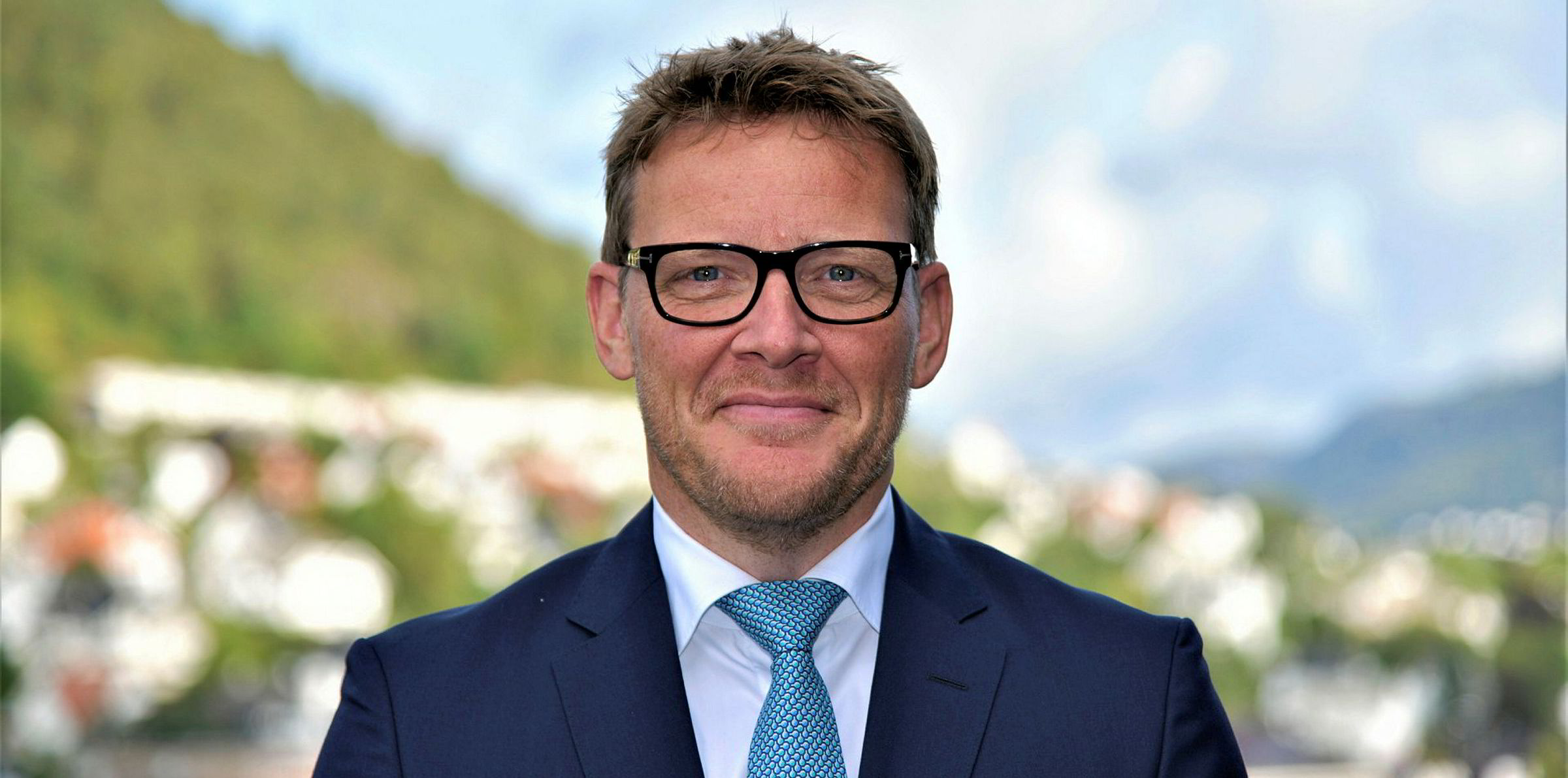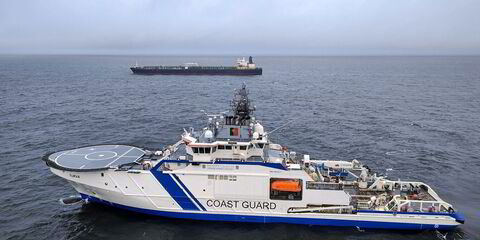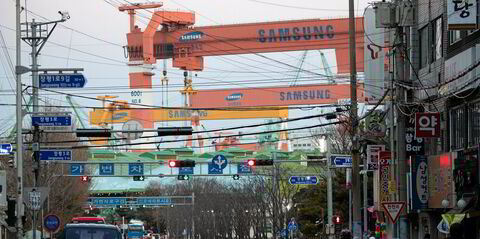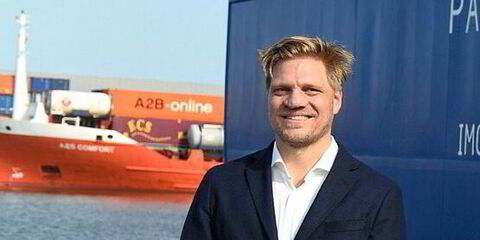Odfjell is eyeing up LNG and other alternative fuels for a possible next round of newbuildings as part of a strategy to adjust to the 2020 emissions rules.
The Oslo-listed chemical tanker owner, which is looking to grow its fleet to 100 vessels, is exploring different fuel types, as it is opposed to fitting scrubbers, given it does not want to play the new regulations as a business opportunity.
“Our job is to, in a sustainable way, make sure we burn as little fuel as we can and reduce emissions — not only sulphur — and be as efficient as we can,” chief executive Kristian Morch told TradeWinds.
Not a realistic option
Morch explained that while retrofitting its existing fleet to use LNG fuel is not presently a realistic option, it would seriously consider it to power a next wave of newbuildings. “Scrubbers is not our main avenue,” he emphasised.
Since rolling out the Odfjell Compass growth strategy in early 2017, the Norwegian shipowner has added 28 owned and chartered ships. While some vessels have come in to replace older tonnage, the fleet has increased to 86 ships, excluding those still to be delivered.
With scrubbers off the menu, it leaves Odfjell’s existing tankers looking to burn diesel or compliant low-sulphur fuel oil come 1 January 2020.
Niels Stolt-Nielsen, chief executive of Oslo-listed peer Stolt-Nielsen, said this month that unless the increased cost of fuel in 2020 can be passed on to customers, “the industry will be going out of business very quickly”. While Morch said his rival’s words are dramatic, he agreed stress tests of the expense of using compliant fuels could reveal “catastrophic consequences for a company”.
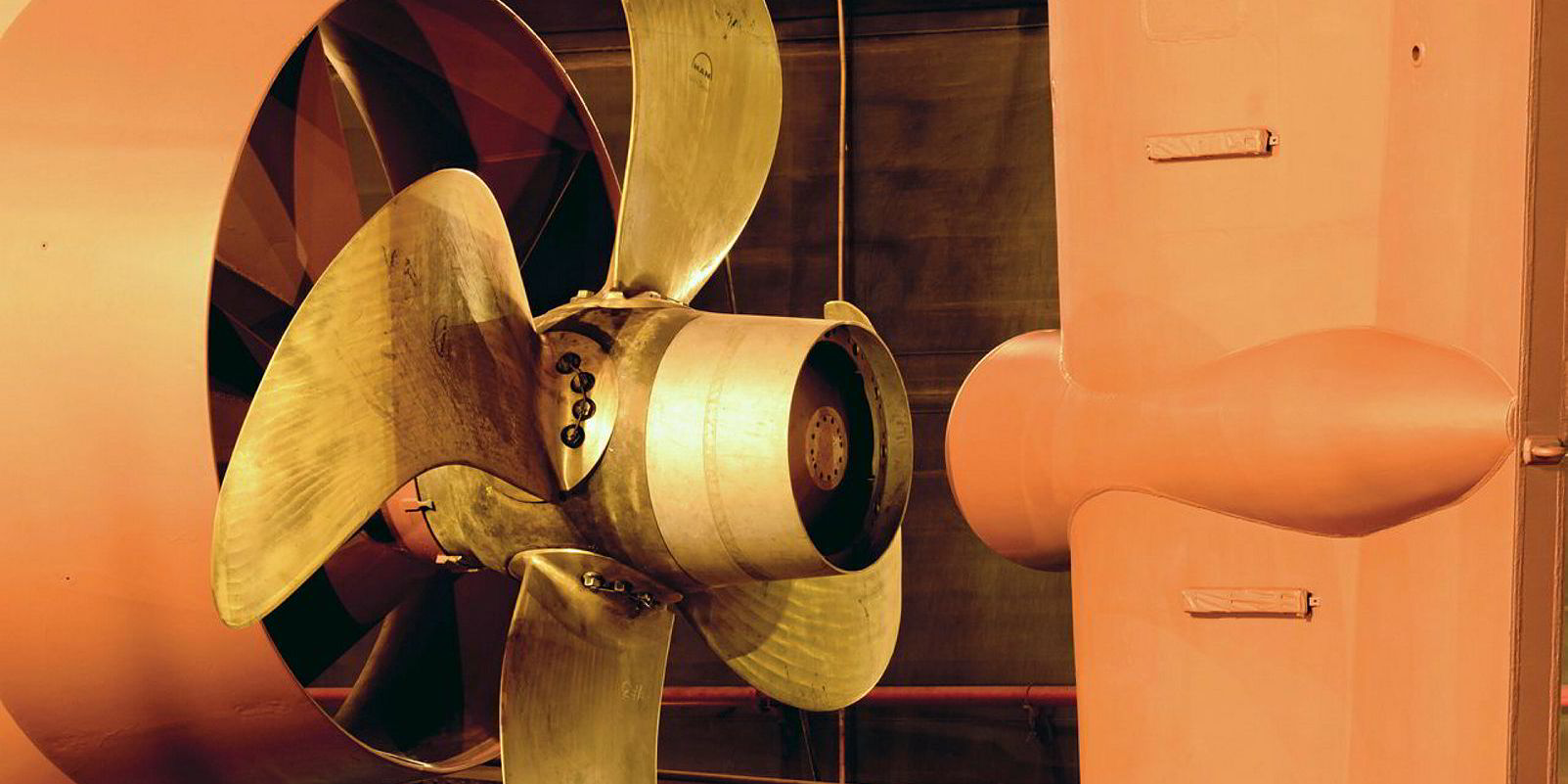
In 2020, Odfjell plans to keep to the established model in the chemical tanker market, in which bunker adjustment clauses are written into contracts.
“The only thing that will change is that instead of HFO [heavy fuel oil], it will have to be in the price of compliant fuel,” he said. “To do that, we are going to provide the customers with the clarity of how that is calculated. That will show that the adjustment factor will be smaller than our competitors, as we burn less.”
Morch said his company is concerned about the incidence of bad bunkers. It is also mindful of safety and reliability issues as blended fuels replace the more stable and established HFO.
It has been testing new fuels in preparation for 2020, by which time he said Odfjell will have the most fuel-efficient fleet in the sector.
“That means the surcharges our customers will have to pay on average will be smaller than with our competitors,” he said.
Odfjell, which will have introduced more than 25 newbuildings to its fleet between 2017 and 2020, believes systematic efforts to reduce fuel consumption on its latest ships have cut fuel use by 20% or more.
“We are not looking to take advantage of the situation [IMO 2020],” Morch said.
“We are looking at having fair and transparent mechanisms that will continue in the same way as they have today with our customers. And then in the meantime, our job is to reduce the actual emission to the environment — and, in that sense, we think non-scrubbers is the way to go.”
